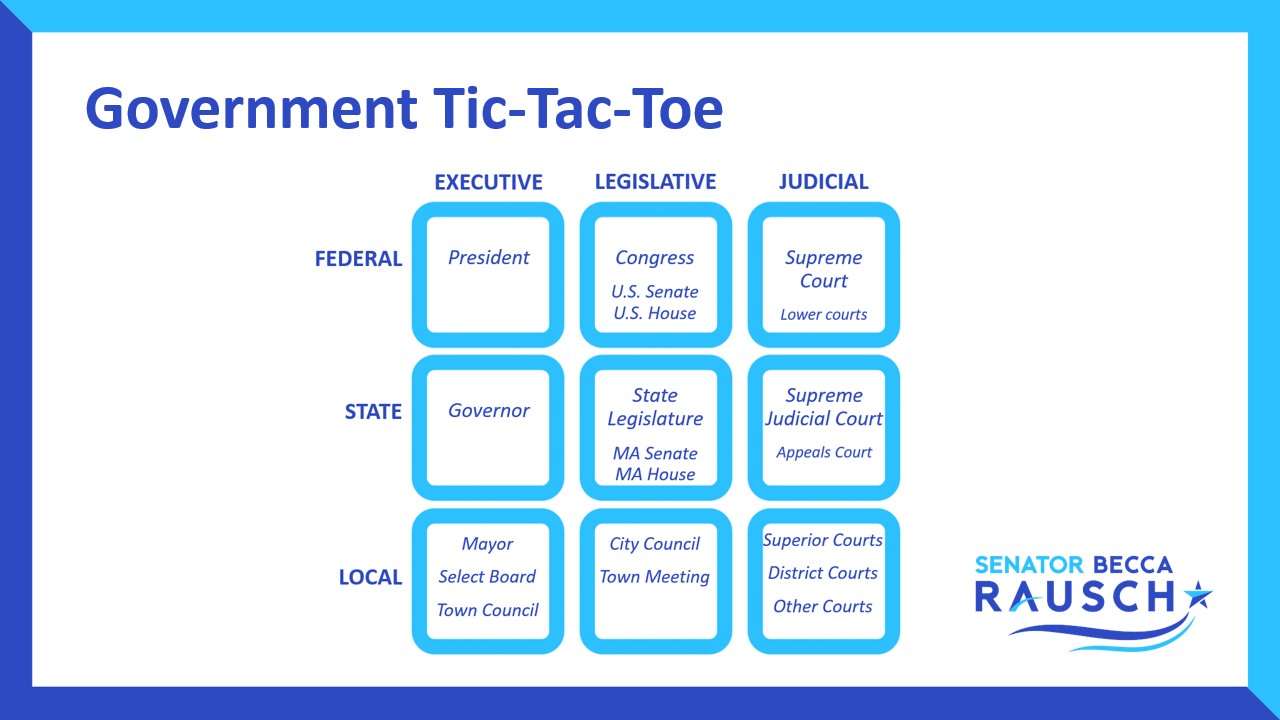Digital Technology and the Reading Brain: What Reading Legislation Overlooks
The Shanker Institute and Maryland READS recently facilitated a conversation between state and local education leaders in Maryland and literacy expert Dr. Maryanne Wolf to explore the impact of digital technology on students’ reading development. As Maryland joins other states in implementing policy reforms to improve reading instruction, it is essential to recognize and explore additional ecosystemic barriers that might prevent the state from achieving its reading proficiency goals.
A growing number of studies (discussed below) are showing that choosing to read on screens versus using printed materials can be a significant obstacle to acquiring deep reading and thinking skills. This post explores whether and how reading policy – state legislation in particular – is responding to this emerging concern.
The Shanker Institute has been tracking and analyzing the content of reading bills enacted into law since 2019. Technology, broadly defined,[1] has been one domain whose presence or absence we identified in these laws. This post focuses on mentions of digital media related to students, including its use in instruction, progress monitoring and assessment, as well as in reading interventions. Our analysis reveals that laws in only nine states (out of 50 that enacted some reading bill between 2019 and 2023) discuss these uses of technology, as summarized in Table 1 below.

